John Abraham Exclusive Interview: “I’m Very Happy With The Stories I’m Telling”
Mohnish Singh |Aug 15, 2019
John Abraham makes yet another date with theatres with his new film “Batla House”. Inspired by the controversial Batla House encounter, the movie is directed by Nikkhil Advani.
- Force 2 Free Movie Download: The John Abraham And Sonakshi Sinha Movie Action You Can't Skip
- From 100-Crore Villa To Sea-Facing Penthouse, Here Is The List Of Bollywood Actors House Name
- John Abraham And Bipasha Basu: 9-Year Relationship, A Marriage That Never Happened And Mutual Movies
John Abraham has undeniably emerged as the new poster-boy of patriotic cinema in Bollywood. In the past few years, the handsome hunk has produced and starred in a number of patriotic movies such as Parmanu: The Story of Pokhran, RAW: Romeo Akbar Walter, etc.
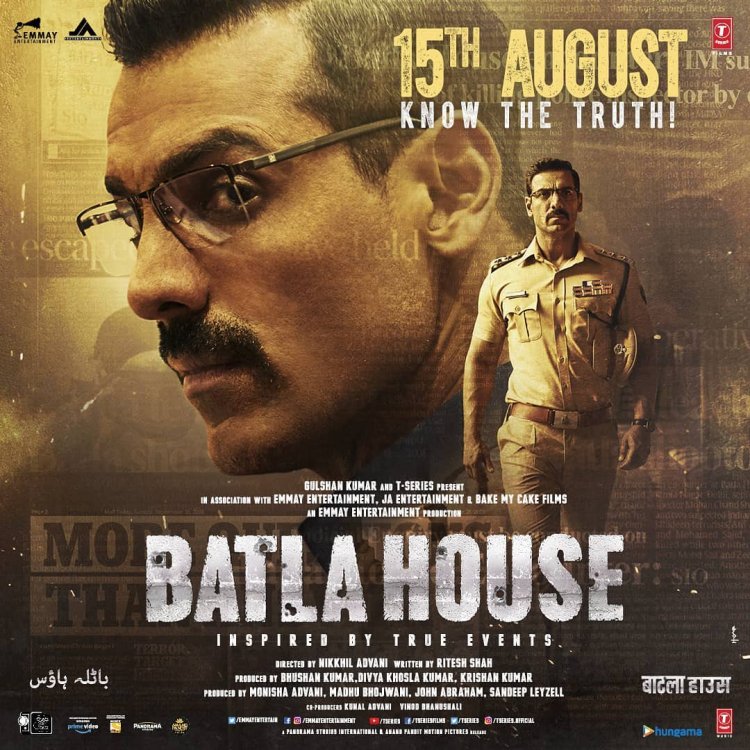
This Independence Day, John Abraham makes his date with theatres with yet another film imbued in patriotic fervor. We are talking about Batla House. As the title aptly suggests, the movie is based on the controversial Batla House encounter which took place between the Delhi Police and some alleged terrorists of Indian Mujahidin on 19th September 2008.
John Abraham plays DCP Sanjeev Kumar Yadav in the Nikkhil Advani directorial, a character modeled on the Delhi police officer who spearheaded the operation. A few days before the release of the film, STARBIZ correspondent Mohnish Singh had a freewheeling conversation with John Abraham and tried to know more about Batla House, what inspired him to take up the project and much more.
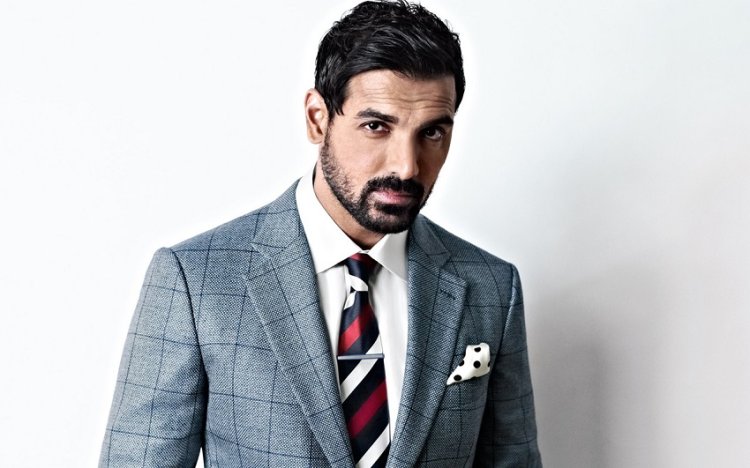
How does it feel to be part of yet another real-life story?
It feels very nice. My physicality worked very well for DCP Sanjeev Kumar Yadav’s character in Batla House (2019). When Nikkhil Advani, the director of the film, presented me the script, he said that why did not I read it first and then tell him if I found it interesting. I read it and I was completely in awe of what I read. There is a saying in English: Fact is stranger than fiction. And this story made me rethink if the script is fictitious, but everything was factual in it. Everything just seems to adapt to this script. Also, I feel that in the matter of topicality, this subject is quite relevant in today's time.
How did you decide to be the co-producer in Batla House?
After reading through the script, I told Nikkhil that it was fantastic and why did not he direct it? He said sure. Then we decided that we would do this film together. I wanted to co-produce this also because in my filmography as a producer I have films like Vicky Donor (2012), Madras Café (2013) and Parmanu: The Story of Pokhran (2018). Also, as an actor, I believe it is my best performance, so I am happy, very happy.
The film is inspired by real-life events, so what measures were taken to not hurt the sentiments of any communities?
Very good question because when it comes to being aware to not hurt other communities, I want to share something about myself. I come from a minority community on both my sides. So, we did not try to hurt anyone’s religious sentiments. When you do a film like this, you can at times take creative liberties in sketching the character. But then you decide that you need to draw a line. What kind of creative liberties should you take and which you shouldn’t? I decided not to take creative liberties and decided to follow the character because I had met Sanjeev Kumar Yadav. I spent days with him.
How did you slide into the skin of the character?
When I first met Sanjeev Kumar Yadav, we sat together for six hours. I learnt a lot about what his internal mental process was when the incident occurred because it is comparatively easy to pull the trigger but what exactly a person suffered before and after it is what needs to be understood. In North India, the incident at Batla House, after Babri Masjid, is the most contentious issue. So, it was very important to handle this subject carefully, and the way we handle this subject was important. After Batla House what Sanjeev Kumar Yadav suffered was very important. He suffered Post-traumatic stress disorder; he was suicidal; his family life was breaking apart while he was being questioned by the Government of India. He won in total of nine gallantry awards, counting before and after the Batla House incident, and he is still the most decorated officer in the country and this decorated officer, who in one second was called murderer, suffered a lot after that traumatic event and to understand this trauma, I spent a lot of time with him.
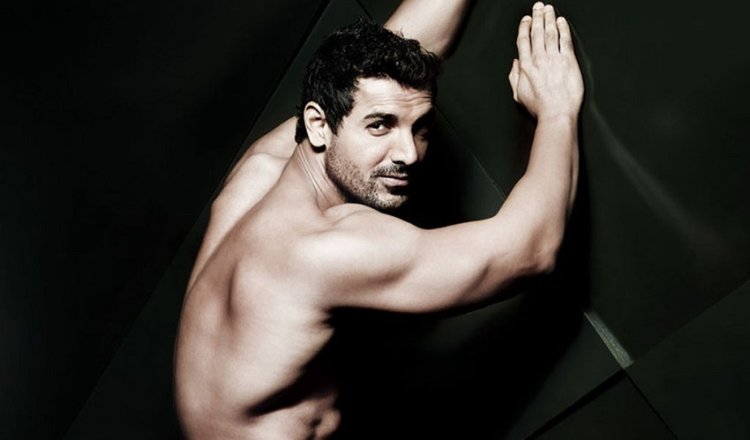
How was it to work with Nikkhil Advani again?
I loved the way Nikkhil Advani did D-Day (2013). Nikkhil and I both agreed that this film could not have one point of view. It had to have three points of view: the point of view of the Delhi Police, the point of view of the victims or terrorists or however we call them, and the point of view of the witnesses. There is also the fourth point of view of the court. So, it was very important to show all of this. When you walk out of the film like Batla House, it is very important that you have a debate. That debate is very important. In that debate, you are also entertained.
Are all the political aspects of the incident also shown in the film?
We have shown everything in the film because if you don’t bring the political aspect of the debate of the Batla House incident through the film to the audience then you don’t have a film. So, everything that happened politically during that time, we have somehow incorporated it into the film without making it into a documentary. We have left it to the audience to judge. As an actor, director or producer, we have to keep our political biases aside or any personal biases aside and portray an impartial aspect and leave it to the audience.
What led you to turn to production?
I became a producer because I was not getting the kind of films I wanted as an actor. I realized my graduation as an actor improved when I became a producer. You have to make cinema that is contemporary and new age; you have to be a trendsetter. That's why as a producer I wanted to do something different.
Are there compromises you have to make as a producer?
Yes, you have to because I make my films in a very small budget. I don’t have the luxury of the big sets; I don’t have the luxury to make these huge candles and curtains. But I have brains and I use that to try and get the best out of the film, to tell my audience the best story in the best budget possible.
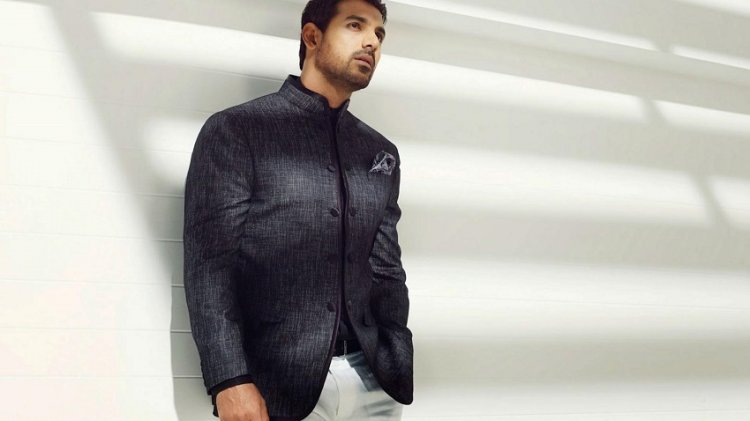
In a previous interview, you said that your next 5 years will be your best. It has been a year since you said so, do you still believe that?
I still stand by it because I am enjoying my work more than I have ever before. I mean RAW: Romeo Akbar Walter (2019) didn't live up to the expectation that it was supposed to but in my books, I still feel it is one of the best films I have done. So, I am very proud of it. I am working with Robbie Grewal again, after Batla House. I am working with Nikkhil Advani again on his next. Both of us are co-producing six films together, I think JAE (John Abraham Entertainment) outside of that is doing some other films that we are excited about. So, in all, I am very excited about doing the kind of work I do. I am very happy with the stories I am telling and like I said when you see Batla House you will understand why I decided to produce this as well.
Is it hard to make films based on real events?
At the end of the day, you can't just make a patriotic film and say that's the hit formula. Someone once said that you are in a police uniform so the film will be hit no matter what. To that, I said that I could be in a uniform and make a patriotic film but if the content is not good it will not work. Content is king, the content has to be brilliant. You can see some of the recent big-budget films, they have fallen flat. You bring known actors, build big sets but there is a lack of content. Content is most important whereas you see in films like Article 15 (2019) where there isn't even a song, it works, it was outstanding. So, when it comes to wearing a uniform in a film, I love to be a patriot but I don't want to be a nationalist.
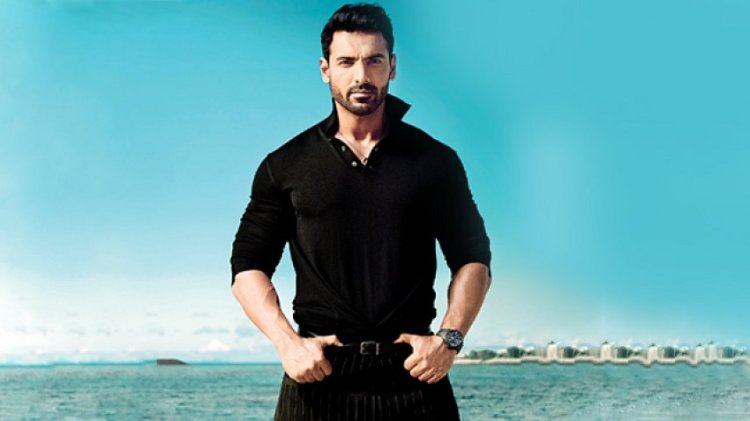
What research was conducted for the film to be authentic to its real events?
The research was done for four years by the writer of the film Ritesh Shah. In my first script reading, the only thing I asked Nikhil Advani was to balance the script a bit, incorporate all points of view. That was very important because I believe everything should be viewed from a different point of view, but I loved the script. After the changes, we started working on the film and in 51 days we completed it.
Did you meet the family of the officer?
Yes, I met his wife and children too. They are a very nice family, a simple family. Sanjeev Kumar Yadav is a very soft-spoken man and we incorporated that in the film as well. His wife told me that her husband does not talk for more than five minutes, so we have incorporated that in the film. In real life, he loves his wife. The man, who has been a part of seventy-five encounters, is always smiling when he is with his wife. He is so much in love with his wife which I found very refreshing, there was a dichotomy within this guy. The family went through a lot and Sanjeev Kumar Yadav just wants to convey that he is an honest Indian officer and he was just being accused of something that he did not understand. He just wants his story to be told and through this medium, he hopes to share his story with the audience that he is just an officer of the country, he has nothing against any religion, caste or creed. So, that was the most beautiful part of meeting them.
Can you tell us a bit about your next film Pagalpanti?
I love Anees Bazmee’s films. I genuinely love comedy. If I have to take my family out to watch a film, it would be a comedy because you make people happy. The most difficult genre to make is a comedy. It is very difficult to make people laugh. So, in Pagalpanti, I enjoyed every moment. We just finished shooting. It was outstanding and so fun.
Do you have any wishlist of directors you want to work with?
I tore that wishlist up very long ago because our industry has a herd mentality. Big directors will work with big actors only. So, I have decided that I will make my directors big. I will work with newcomers. I have no wishlist of directors. I only wish that the director that works with me becomes super successful; he goes on to become big. Probably, he may become big and forget me but that's okay as I will keep creating new directors all the time.
- Tag
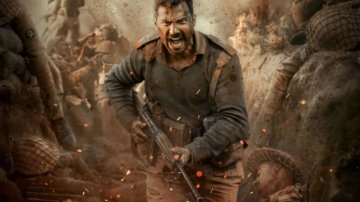
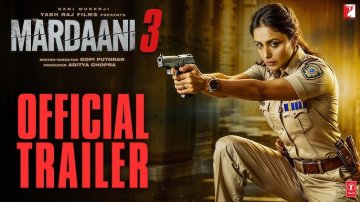
Comments
Sort by Newest | Popular